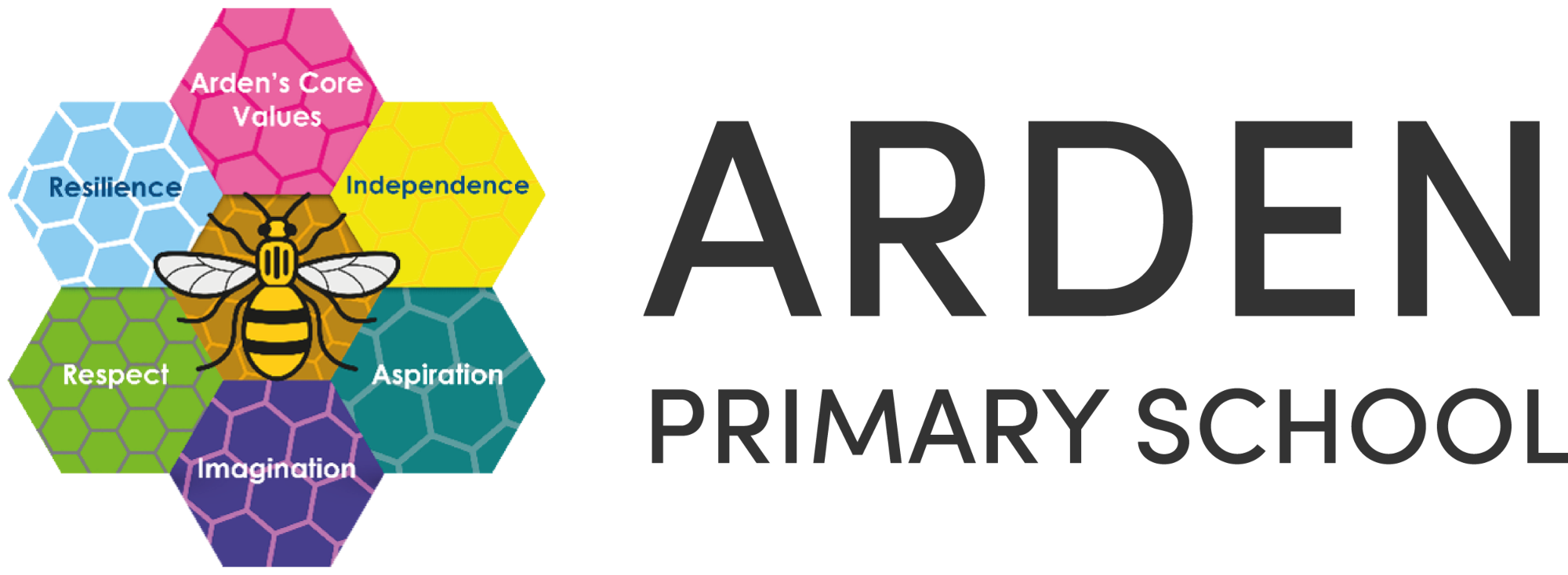Lego Therapy
What is Lego® Therapy?
Lego-based therapy (LeGoff et al 2014) is an evidence based approach that aims to develop social communication skills in autistic children, such as sharing, turn-taking, following rules, using names and problem-solving.
Lego® Therapy is a series of positive, proactive, child-centred interventions. These sessions encourage children’s communication, social and language skills, cognitive skills, fine motor skills, and emotional and behavioural responses.
Lego® based therapy also gives children the opportunity to socialise and form relationships with others as it helps them to learn about other people’s point of view. It gives children a chance to transfer their skills from their small Lego group to a bigger group, classroom, school, home, or other community settings.
What does Lego® Therapy look like in practice?
Children work in groups of three with each participant having a distinct role to build a Lego model collaboratively:
Engineers use the Lego instructions and ask the Supplier for the specific pieces of Lego needed
Suppliers gives the Builder the pieces
Builders follow the building instructions from the Engineer in order to construct the model
How can Lego®–based therapy can help?
We know that Lego®–based therapy can play a central role in changing people’s lives for the better. It has applications in the fields of education, special educational needs and disability, social care, mental health and even sport.
It’s all down to the benefits of real play with a focus on quality time that we can spend socialising, solving problems, being active, curious and creative. It’s an opportunity for real engagement with a variety of people.
Lego®–based therapy is highly structured, so it gives children a sense of safety, familiarity and predictability. It’s engaging and motivating, so children are more likely to follow a facilitator’s lead or group rules. It offers a host of different projects to build, and numerous games and activities to play, so children are kept engaged and remain more willing to listen, share and interact.
Lego® based therapy also helps to develop:
· Self-worth
· Self-calming strategies
· Cooperative skills and ability to work in a team
Legoff DB, Gomez De La Cuesta G, Krauss GW (2014) LEGO-Based Therapy: How to build social competence through Lego-Based Clubs for children with autism and related conditions.
